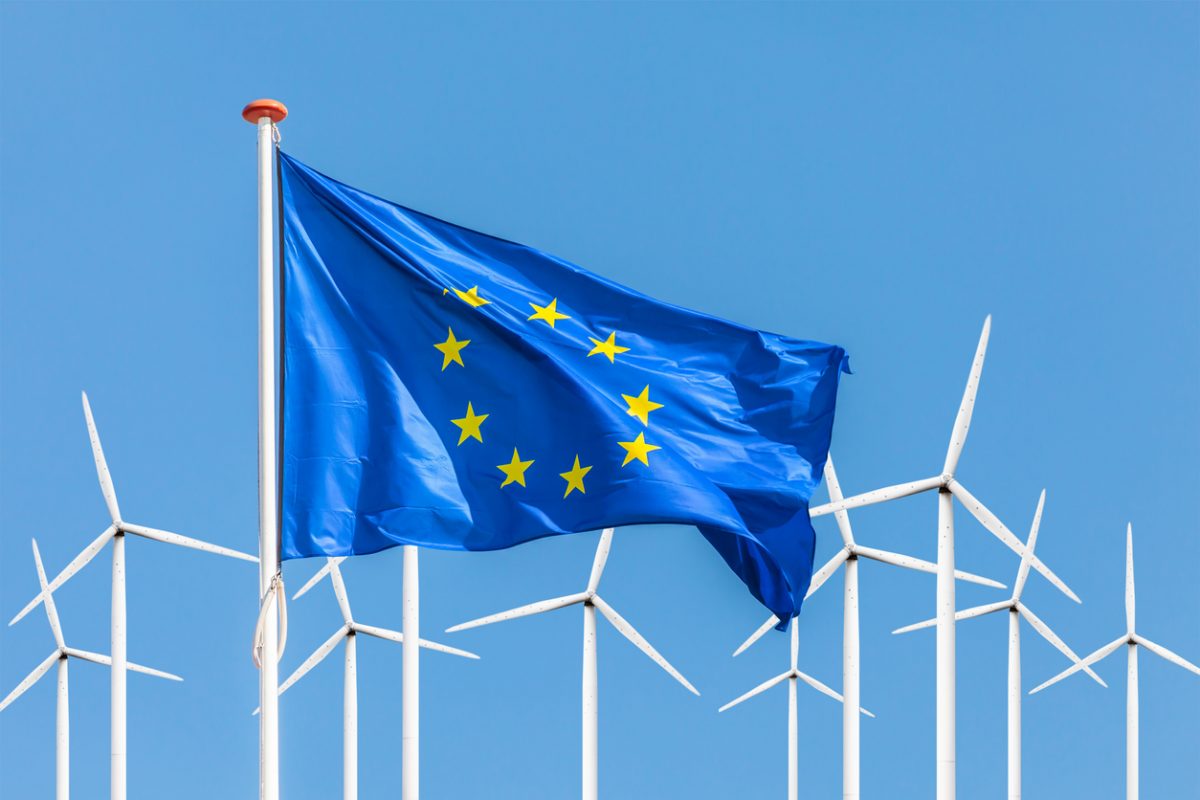European response to US Inflation Reduction Act gets readjustment; aid rules for green tech and necessary raw materials revised.
The European Union wants to facilitate investments in climate-friendly technologies and improve state support for the energy transition. To this end, the EU Commission on Thursday adopted new, temporary state aid rules as part of the Green Deal Industrial Plan. This is intended to secure Europe’s competitiveness and is a reaction to the multi-billion subsidy programs of China and the USA.
The revised aid framework, known as the Temporary Crisis and Transition Framework (TCTF), covers, among other things, investments in the production of batteries, solar plants, wind power plants, heat pumps, electrolysers, CO2 capture and critical raw materials associated with these technologies. Special incentives are to be provided for investments in structurally weak regions. Aid under the new rules can be applied for until the end of 2025, and disbursement will still be possible after that.
At the same time, the Commission approved an amendment to the so-called General Block Exemption Regulation (GBER) to simplify and speed up aid procedures for key sectors.
German Economics Minister Robert Habeck welcomed the revised regulations as a “very important step.” However, subsidies are “traditionally controversial” in the EU, writes Handelsblatt (paywall), because there is a risk of a funding race between member states. The EU Commission, however, is under pressure from the U.S. Inflation Reduction Act (IRA). The legislative package, which among other things provides subsidies for electric cars manufactured in the U.S., has been a source of contention between the transatlantic partners for months, as the EU fears an exodus of its e-car industry. As we reported, European politicians are lobbying for the extension of some of the IRA’s rules to EU countries. So far, this has only been envisaged for countries with which the USA has free trade agreements, such as Canada and Mexico.
Photo: iStock/DutchScenery


